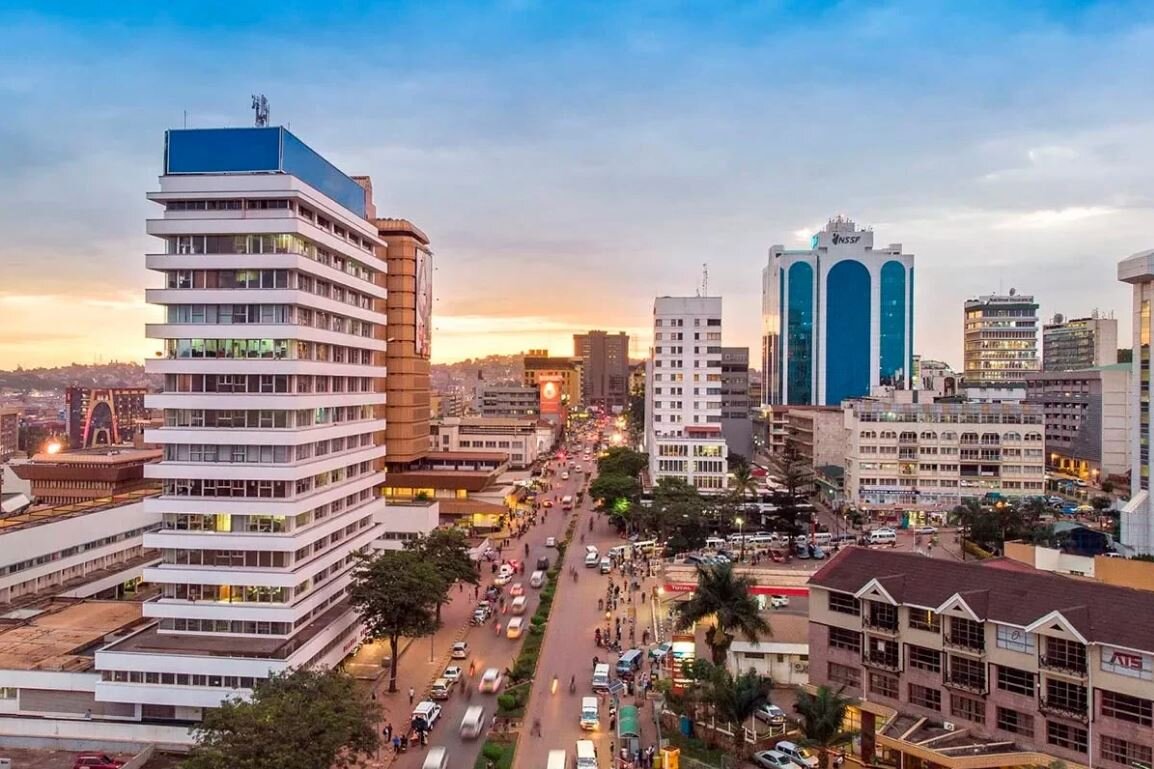Araghchi to attend NAM ministerial meeting in Uganda

TEHRAN – Iran’s Foreign Minister Abbas Araghchi will travel to Uganda to participate in the 19th Mid-Term Ministerial Conference of the Non-Aligned Movement (NAM), Foreign Ministry spokesman Esmaeil Baqaei announced on Monday.
The conference, themed “Deepening Cooperation for Greater Global Prosperity,” will bring together foreign ministers and senior delegations from more than 120 member states of the movement to discuss key international and developmental issues.
Baqaei said that, alongside general debates and the exchange of member states’ views, a special session of the NAM Committee on Palestine will also convene with the participation of its member countries, including the Islamic Republic of Iran.
He added that during the meeting, Minister Araghchi will present Iran’s perspectives on major international developments and reaffirm the country’s commitment to the principles of the Non-Aligned Movement. On the sidelines of the event, he is also scheduled to hold bilateral talks with several of his counterparts to discuss issues of mutual interest and regional cooperation.
The Non-Aligned Movement (NAM) traces its origins to the Bandung Conference, the first major Afro–Asian gathering held in Bandung, Indonesia, from April 18 to 24, 1955. The conference brought together 29 countries, mainly from Asia, as most African nations were still under colonial rule at the time.
The Bandung Conference sought to promote peace, decolonization, and economic cooperation among developing nations, while rejecting involvement in the Cold War’s East–West ideological rivalry. The participating countries emphasized independence from power bloc politics and prioritized national sovereignty and development.
Building on the principles adopted in Bandung, the Non-Aligned Movement was formally established in 1961 during its first summit in Belgrade, Yugoslavia, attended by 25 countries including Egypt, India, Indonesia, Yugoslavia, and Ghana.
Since its inception, NAM has adhered to the Bandung Principles—centered on independence, mutual respect, and peaceful coexistence—while broadening its focus to include economic cooperation, humanitarian affairs, and social development. The Movement has been an influential voice in advocating for nuclear disarmament, the creation of nuclear-weapon-free zones, combating terrorism in all forms, and supporting UN peacekeeping and peacebuilding efforts. NAM also played a notable role in global cooperation during the COVID-19 pandemic, promoting equitable recovery among developing nations.
Unlike formal intergovernmental organizations such as the United Nations or the African Union, the Non-Aligned Movement operates without a founding charter, treaty, or permanent secretariat. Its administrative and coordinating functions are managed by the country holding the chairmanship.
Iran joined NAM in 1961, but its active participation began after the 1979 Islamic Revolution, when the country adopted an independent foreign policy more aligned with the movement’s principles. Under the Shah, Iran’s NAM membership was largely symbolic, as his government was closely aligned with Western powers, particularly the United States and the United Kingdom, in contradiction to the movement’s core ideals of neutrality and anti-colonial solidarity.
Leave a Comment